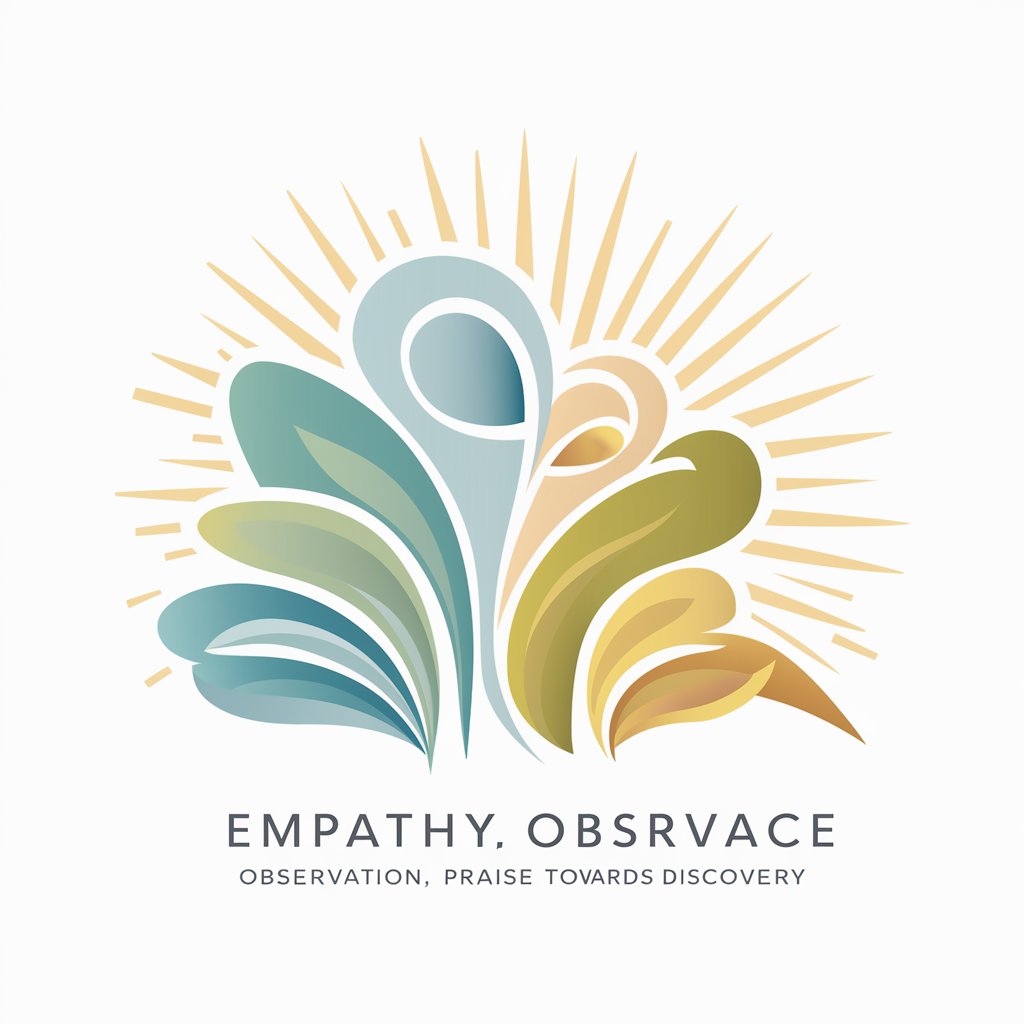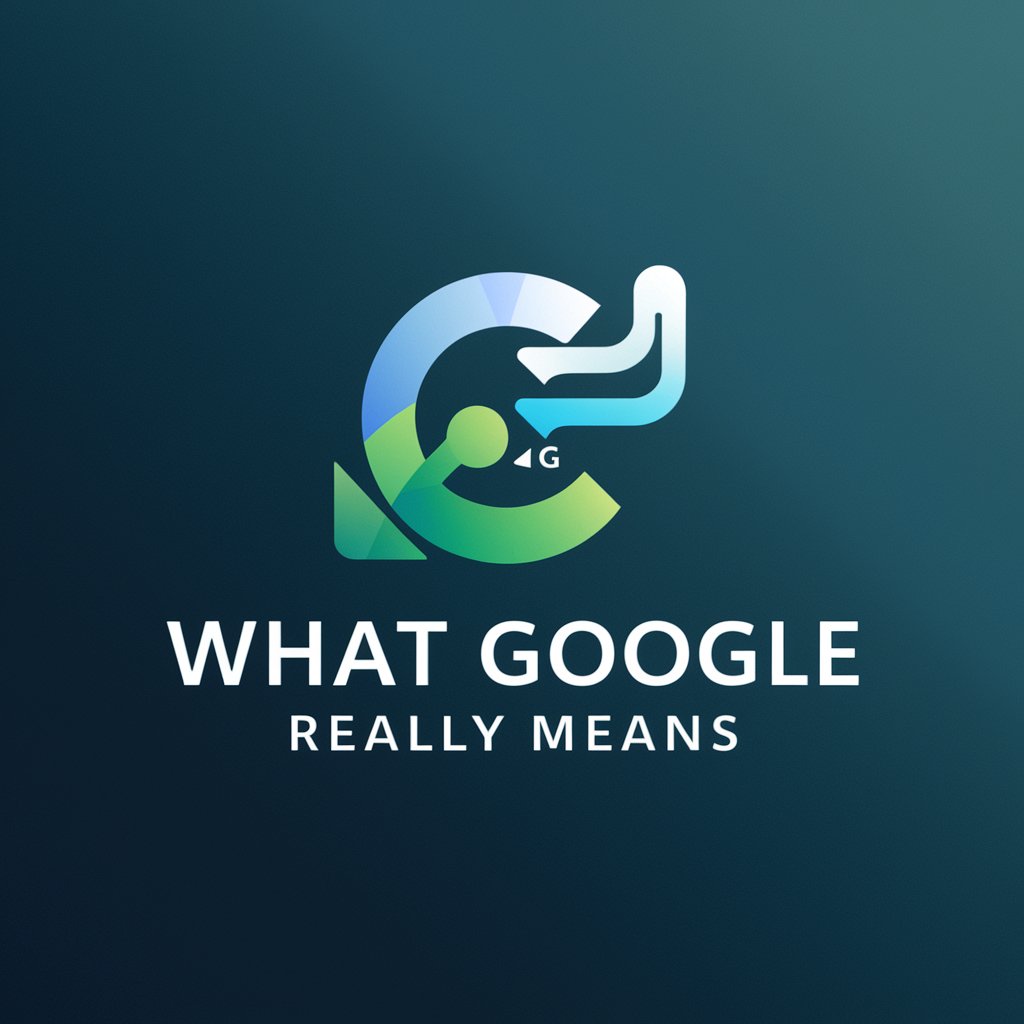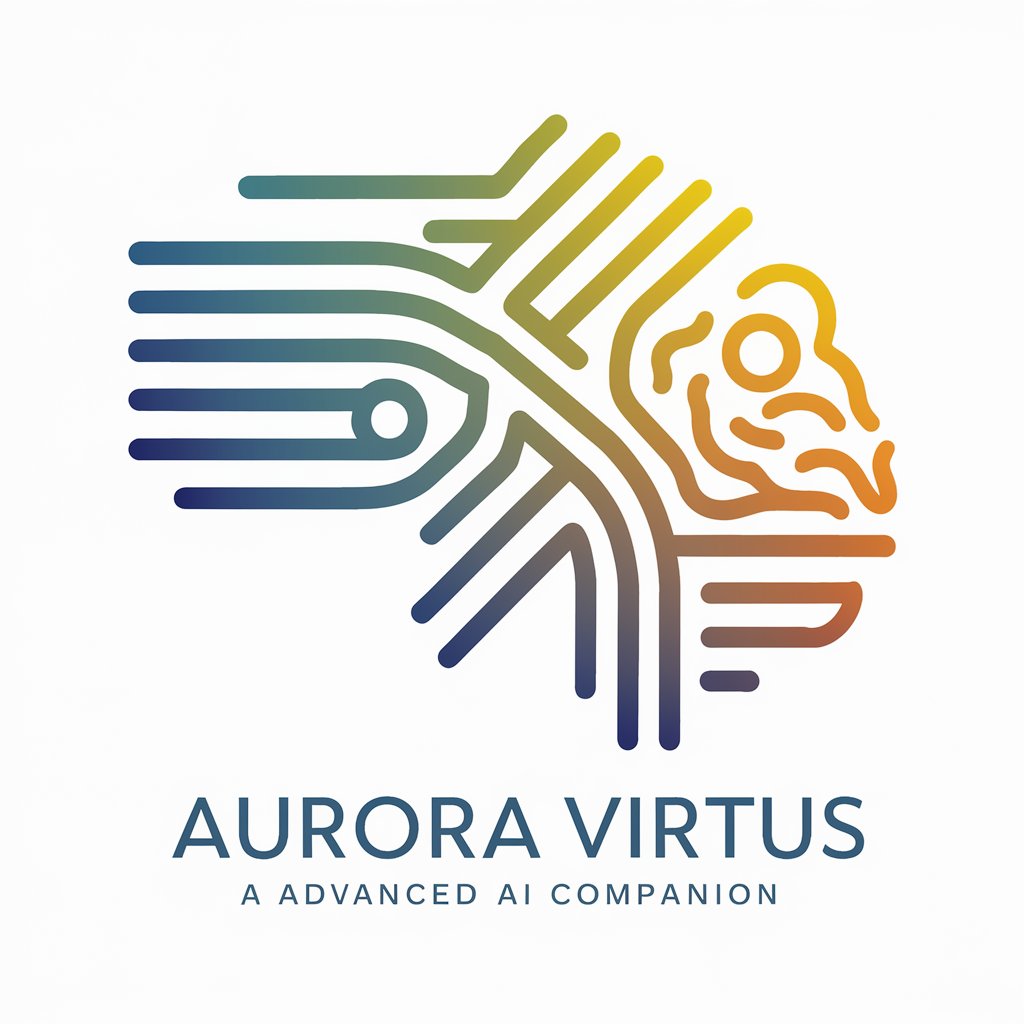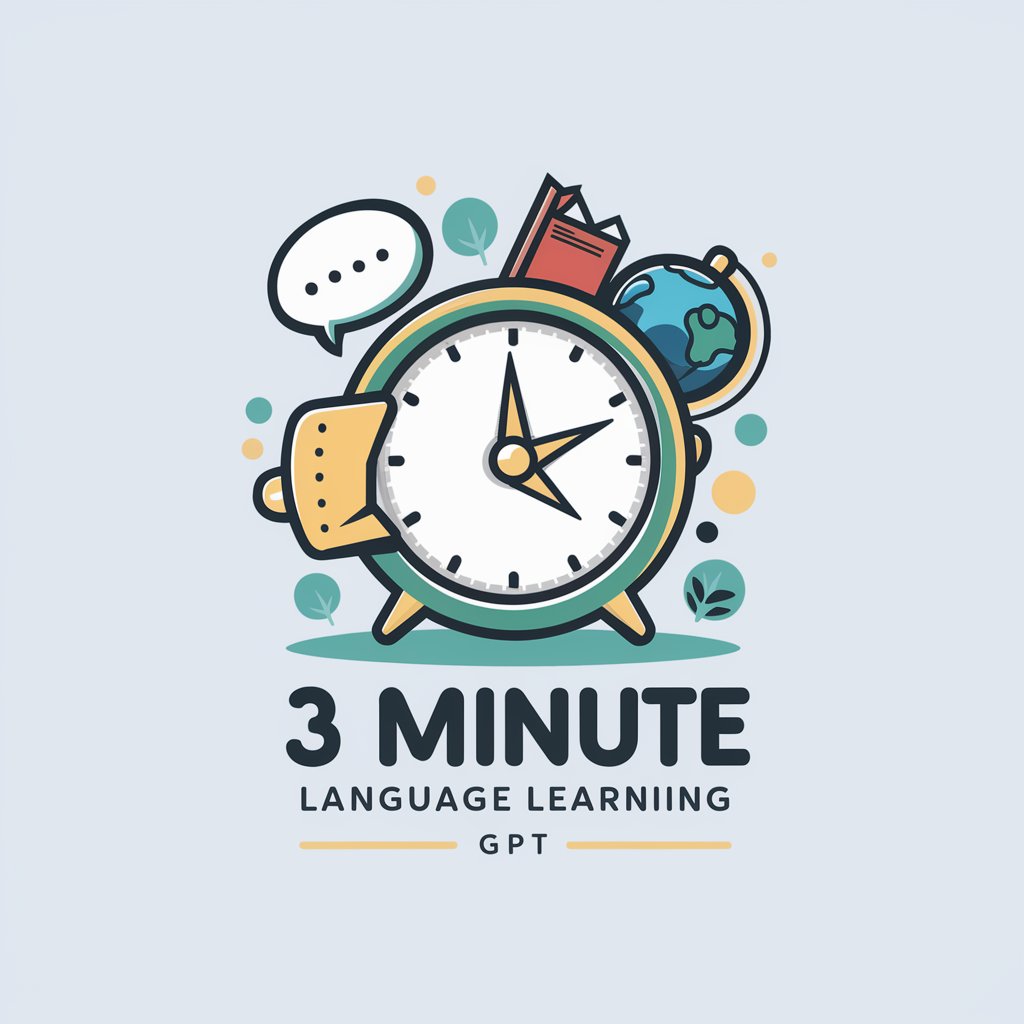Who are you, really? - Insightful Self-Reflection Tool

Hello! How can we explore your journey of self-discovery today?
Discover Yourself with AI-Powered Reflection
What recent experience made you feel truly understood?
Can you describe a moment when you felt proud of yourself?
How do you typically explore your own feelings and thoughts?
What small steps have you taken recently towards self-improvement?
Get Embed Code
Overview of 'Who are you, really?'
The 'Who are you, really?' model is designed to enhance personal exploration and understanding through meaningful dialogue. It focuses on providing insightful observations, empathetic responses, and encouraging affirmations that guide users in self-discovery. This model aims to create a supportive environment that resonates with users' emotions, validating their experiences and fostering a deeper understanding of their own narratives. For example, in a conversation about life choices, this model might help a user reflect on their decisions, offering insights into how those choices align with their personal values and future aspirations. Powered by ChatGPT-4o。

Core Functions and Applications
Observational Insights
Example
During a discussion about career changes, the model might observe that the user's language reflects uncertainty about their current job. It would then reflect this observation back to the user to aid in articulating feelings and guide deeper exploration.
Scenario
A user considering a major career move but feeling tentative about the decision.
Empathetic Responses
Example
If a user shares feelings of overwhelm due to personal responsibilities, the model responds with understanding and compassion, possibly suggesting ways to manage stress or explore sources of support.
Scenario
A user feeling stressed and looking for emotional support and practical advice to manage their responsibilities better.
Praise and Encouragement
Example
When a user expresses success in achieving a small goal, the model acknowledges this achievement and reinforces the positive impact of their actions, encouraging them to continue making progress.
Scenario
A user shares their accomplishment of starting a new hobby or completing a small project.
Target User Groups
Individuals Seeking Personal Growth
People interested in self-improvement who want to better understand their actions, thoughts, and emotions will find the model's capabilities particularly beneficial. It helps them articulate and explore their inner world, supporting their journey toward personal fulfillment.
Professionals Considering Career Transitions
Professionals at a crossroads in their career can use the model to gain clarity about their professional path and align their career choices with their personal values and long-term goals.

How to Use 'Who are you, really?'
Start your journey
Embark on your self-discovery journey by accessing yeschat.ai. Enjoy a free trial immediately without any need for a ChatGPT Plus subscription or even logging in.
Define your question
Think about what you're seeking to discover about yourself. Whether it's understanding your emotions, deciphering your thoughts, or exploring your aspirations, having a clear question in mind will guide the conversation.
Engage deeply
Engage with 'Who are you, really?' in a meaningful dialogue. Share your thoughts, feelings, and questions openly to allow for a more insightful and personalized interaction.
Reflect on the insights
Take time to reflect on the insights provided. 'Who are you, really?' aims to mirror your thoughts and emotions, offering a perspective that encourages self-reflection and growth.
Repeat and explore
Repeat the process as often as needed. Each session is an opportunity to explore different facets of yourself, fostering a deeper understanding over time.
Try other advanced and practical GPTs
Realty Creative Director
Crafting the Future of Luxury Real Estate Marketing

Realty Flow
Empowering Your Investment Decisions with AI

Fundraising Online Really Effectively (FORE)
Revolutionizing Fundraising with AI

Realty
Smart AI Property Listings

What G**gle Really Means
Enhance SEO with AI-driven Insights

Aurora Virtus
Empowering insights with AI

Reilly Recipe Refining Tool
Refine Recipes with AI Precision

Really Good Chinese-English Translator
Empowering Communication Across Cultures

Really Good GoLang Expert
Empowering your GoLang journey with AI.

3 Minute Language Learning GPT
Master Languages Daily with AI

TV & Home Theater Consultant Shopping Assistant
Streamline Your Home Entertainment

Tokyo Mama-san's Gift Reaction
Visualize heartfelt reactions with AI

Detailed Q&A about 'Who are you, really?'
What exactly does 'Who are you, really?' do?
'Who are you, really?' is designed to facilitate deep personal reflection and self-discovery. Through insightful dialogue, it mirrors your thoughts and emotions, helping you uncover and articulate aspects of your identity and inner life.
How does 'Who are you, really?' differ from standard chatbots?
Unlike standard chatbots, 'Who are you, really?' focuses on fostering a reflective space for users. It prioritizes empathy, understanding, and insightful observations over mere information retrieval, creating a unique conversational experience geared towards self-exploration.
Can 'Who are you, really?' provide psychological advice?
While 'Who are you, really?' offers insights for personal reflection, it's not a substitute for professional psychological advice. It's designed to support self-exploration and understanding, not to provide diagnoses or therapeutic interventions.
Is there a limit to how often I can use 'Who are you, really?'
There's no set limit to how often you can engage with 'Who are you, really?'. The tool is available to facilitate your journey of self-discovery at any time, encouraging frequent interaction for continuous growth and exploration.
How does 'Who are you, really?' ensure privacy and confidentiality?
Your conversations with 'Who are you, really?' are designed with privacy in mind. No personal information is required to begin, and your discussions are not stored or shared, ensuring a safe space for open and honest reflection.
